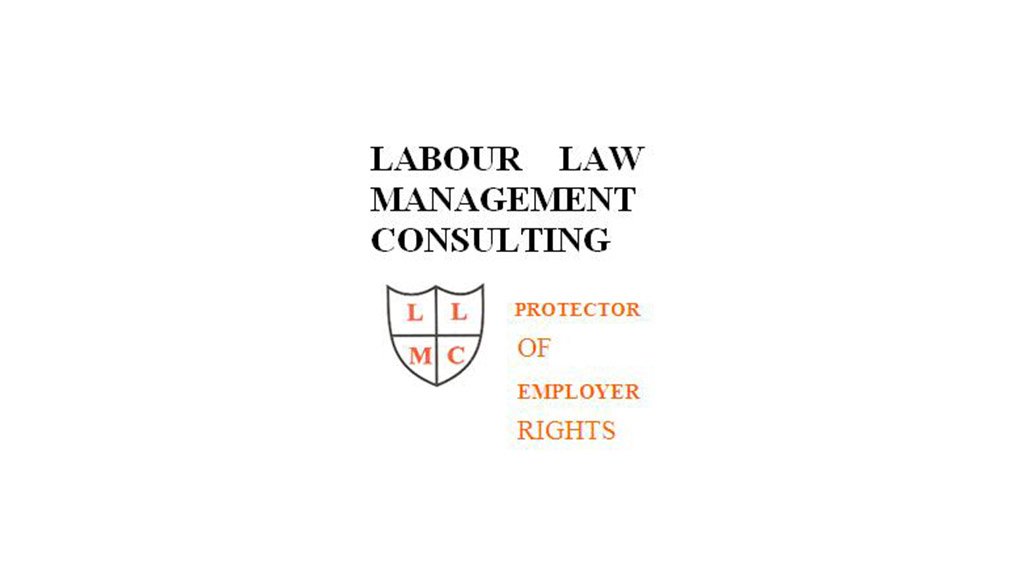‘Unfair’ is one of the most frequently used terms in labour law. The CCMA receives tens of thousands of referrals each year from employees claiming unfair treatment at the hands of their employers. It is therefore most problematic that this term is not defined in any of the statutes. The result of this is that the decision as to what is “unfair” has to be made by trade unions, employees, employers, judges, arbitrators, and legal practitioners in each individual case where unfairness is being alleged.
While the legal meaning of the term ‘unfair’ is extremely illusive every employer needs to have a proper grasp of the legal meaning of “unfair” in order to avoid the legal repercussions of doing anything unfair to its employees.
The Collins concise Dictionary defines “unfair” as characterised by inequality or injustice. Dishonest or unethical”.
Section 188 of the LRA deems a dismissal to be unfair if the employer fails to prove-
(a) that the reason for the dismissal is a fair reason; and
(b) that the dismissal was effected in accordance with a fair procedure.
This section explains neither what is meant by “a fair reason” nor what a “fair procedure” is. However, common law has established guidelines in these regards and these guidelines have been codified in Schedule 8 of the LRA. For example, item 7(b) includes a requirement that any person deciding whether a misconduct dismissal was fair must, amongst other things, determine whether the dismissal was an appropriate sanction for the contravention of the rule that was contravened by the employee.
The word “appropriate” here again gives us a clue to what is “unfair”. That is, if the employer’s decision or action is inappropriate it could be unfair in labour law. For example, if the employee is fired for a minor infringement or where circumstances reduce his/her liability a dismissal would usually be inappropriate and therefore unfair.
In summary, the act of an employer would be seen to be unfair if it is one-sided, unnecessary and/or inappropriate under the circumstances or infringes the employee’s rights. As employees have a vast number of very strong labour law rights employers need to ensure they understand these rights. They need to avoid taking any action affecting employees before checking with their labour law expert that it would be safe to take such action and how to go about it.
Written by Ivan Israelstam, Chief Executive of Labour Law Management Consulting. He may be contacted on (011) 888-7944 or 0828522973 or on e-mail address: ivan@labourlawadvice.co.za. Go to: www.labourlawadvice.co.za
To book for the JHB seminar on 1 September 2017 on LABOUR LAW UPDATE: RETRENCHMENTS AND TAKEOVERS please contact Ronni via ronni@labourlawadvice.co.za or 0845217492.
EMAIL THIS ARTICLE SAVE THIS ARTICLE ARTICLE ENQUIRY
To subscribe email subscriptions@creamermedia.co.za or click here
To advertise email advertising@creamermedia.co.za or click here











